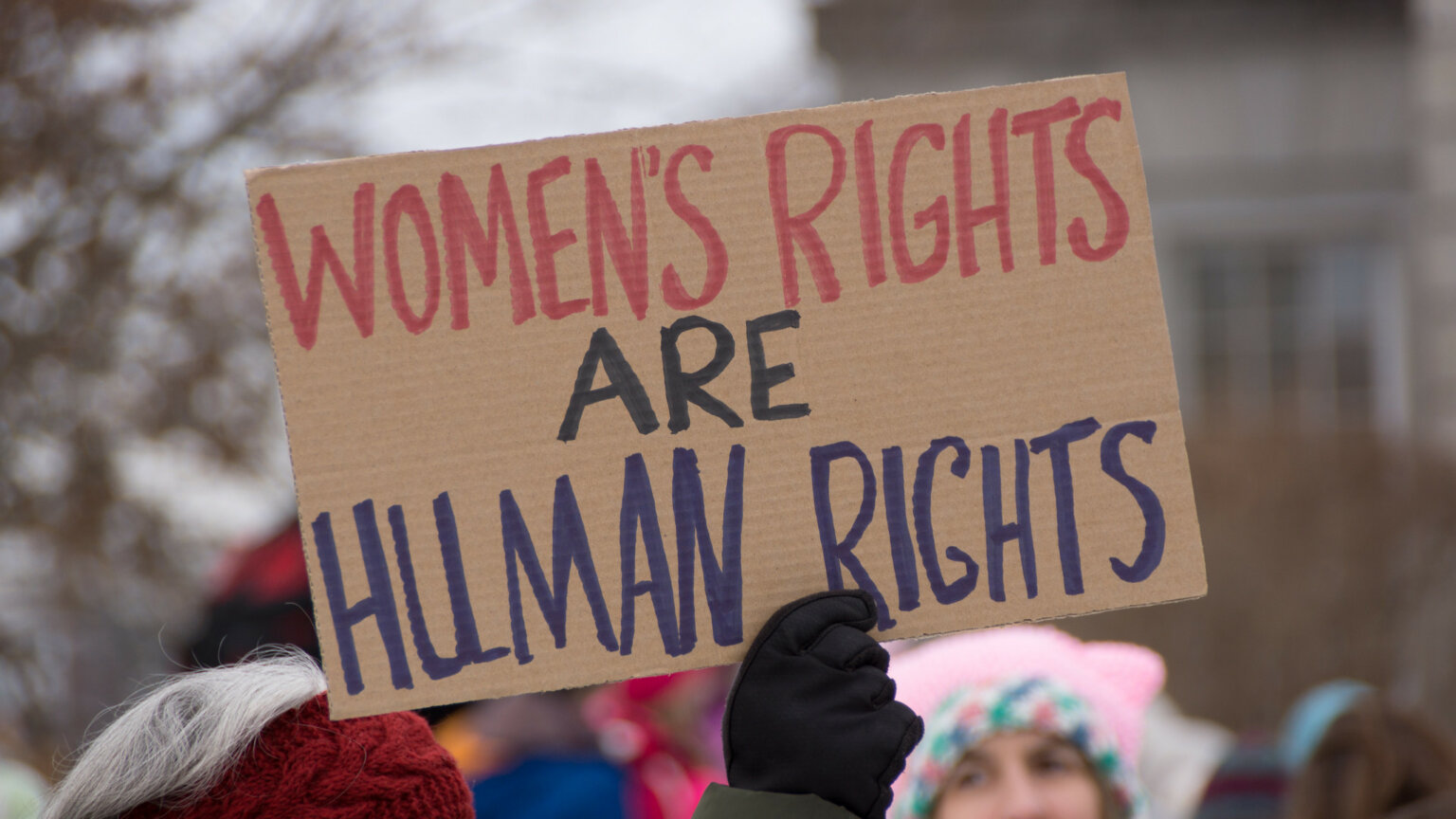- About
- Topics
- Picks
- Audio
- Story
- In-Depth
- Opinion
- News
- Donate
- Signup for our newsletterOur Editors' Best Picks.Send
Read, Debate: Engage.
| topic: | Women's rights |
|---|---|
| located: | Bulgaria, Czech Republic, Hungary, Latvia, Lithuania, Slovakia |
| editor: | Katarzyna Rybarczyk |
This week the Council of the European Union asked the European Parliament to conclude the ratification of the Istanbul Convention on preventing and combating violence against women. If the European Parliament agrees, the whole bloc will be required to implement its legal framework. And yet, several Eastern European states have been reluctant to accept the document. Why have they taken such a stand? And what can the consequences for women be?
The Istanbul Convention came into force in 2014 as the first international document aiming to end gender-based violence. Although all EU member states signed it, only twenty one have ratified it: Bulgaria, Czech Republic, Hungary, Latvia, Lithuania and Slovakia have so far abstained from doing so.
Being located in Eastern Europe is not the only thing these countries have in common. All of them are run by right-wing conservative governments for whom the wording of the document is an issue.
The convention defines gender as “socially constructed roles, behaviours, activities and attributes that a given society considers appropriate for women and men.” Ratifying the convention therefore means, at least on a surface level, expressing acceptance of non-traditional gender identities. In Eastern Europe this is problematic as anti-LGBTQ rhetoric is widespread.
When expressing concerns about the full implementation of the convention, Angel Dzhambazki, a Bulgarian member of the European Parliament said, “We are against violence against women, of course,” and later added “but quite obviously in this document there is … a gender ideology.”
Leaders of Eastern European states fear that ratifying the convention will emphasise the notion of gender which, in their view, is controversial. In reality, however, their devotion to promoting traditional family values has negative implications for the safety of women and slows down the progress in achieving gender equality.
Reports reveal that “violence against women and domestic violence are pervasive throughout the EU and are estimated to affect 1 in 3 women in the EU. One in two have experienced sexual harassment. One in 20 women report having been raped.” On top of that, 50 percent of young girls have experienced the growing issue of online violence.
Gender-based violence violates women’s dignity and their fundamental right to be free from discrimination. If all EU member states do not take urgent action, these issues will continue to worsen, affecting women’s sense of safety. The concept of equality was one of the main principles that the EU was built upon. So, while offering assistance to victims is important, paying more attention to preventing these types of behaviours is crucial.
Luckily, EU officials seem to realise the importance of these preventative measures and the governmental body plans to ratify the convention despite the lack of unanimous agreement of all member states. If the decision receives a green light from the European Parliament, the right-wing governments of Eastern European nations will have no choice but to obey the treaty.
This is a promising step because only through creating a supportive environment where someone’s gender is not a vulnerability factor for discrimination can the EU become free from violence against women and girls.
Image by Ross Sneddon

